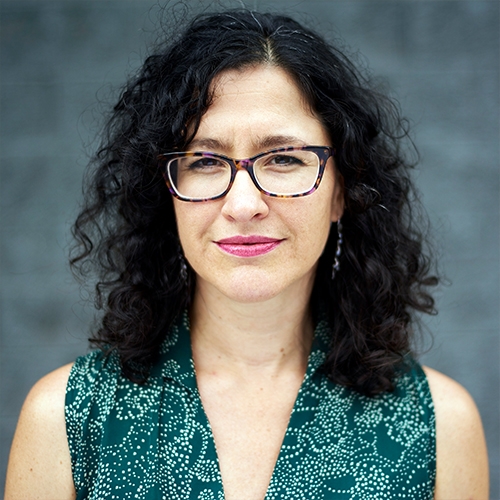 GOLD Learning Speakers
GOLD Learning Speakers


Jennifer Block, BA, BS
- Speaker Type: 2020
- Country: U.S.A.
Biography:
Jennifer Block is an independent journalist and the author of Everything Below The Waist: Why Health Care Needs a Feminist Revolution (2019, St. Martin’s Press). Her work has appeared in The Washington Post Magazine, The Cut, Newsweek, The New York Times, Pacific Standard, The Baffler, and many other publications. Her first book, Pushed, led a wave of attention to the national crisis in maternity care and was named a “Best Book of 2007” by Kirkus Reviews. A reporter with Type Investigations, Block won several awards for her investigative reporting on the permanent contraceptive implant Essure, which has since been discontinued. She lives in Brooklyn, New York, with her son.
CE Library Presentation(s) Available Online:
This Presentation is Currently Offline
New York: A Beacon and Shame of Midwifery
Certified Professional Midwives remain illegal in several states, including New York, where one CPM is currently facing 95 felony charges. From the 1970s through the 1980s, home birth midwives flourished across the state, especially around the Syracuse area. In the early 1990s there was promise of a licensed direct-entry midwife credential that would benefit home birth midwives as well as nurse-midwives, who desired a pathway separate from nursing. In this session, I share from my reporting on how and why the Certified Midwife credential was created, what it meant for community birth, and how it fares today. As COVID surged through New York in April and women scrambled to find community midwives, the harms of this history were laid bare: demand for home birth far outpaced supply, and hospital maternity care providers lacked the skills and training to safely support physiologic births in out of hospital locations with the least exposure to COVID. We also saw women isolated from partners and doulas and restricted from other physiologic labor support. What lessons can be drawn from the 1990s? How can midwives with different philosophies and lineages work together to elevate the model of care?
Hours / CE Credits: 1 (details) | Categories:
Birth Advocacy






